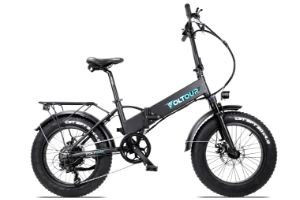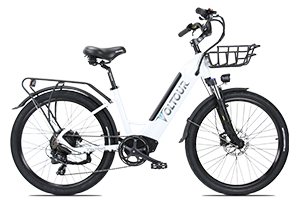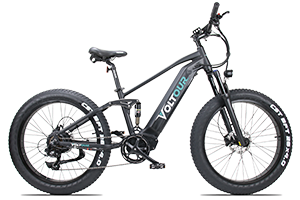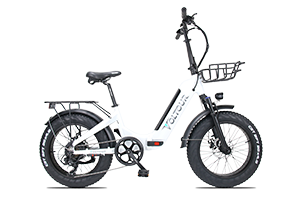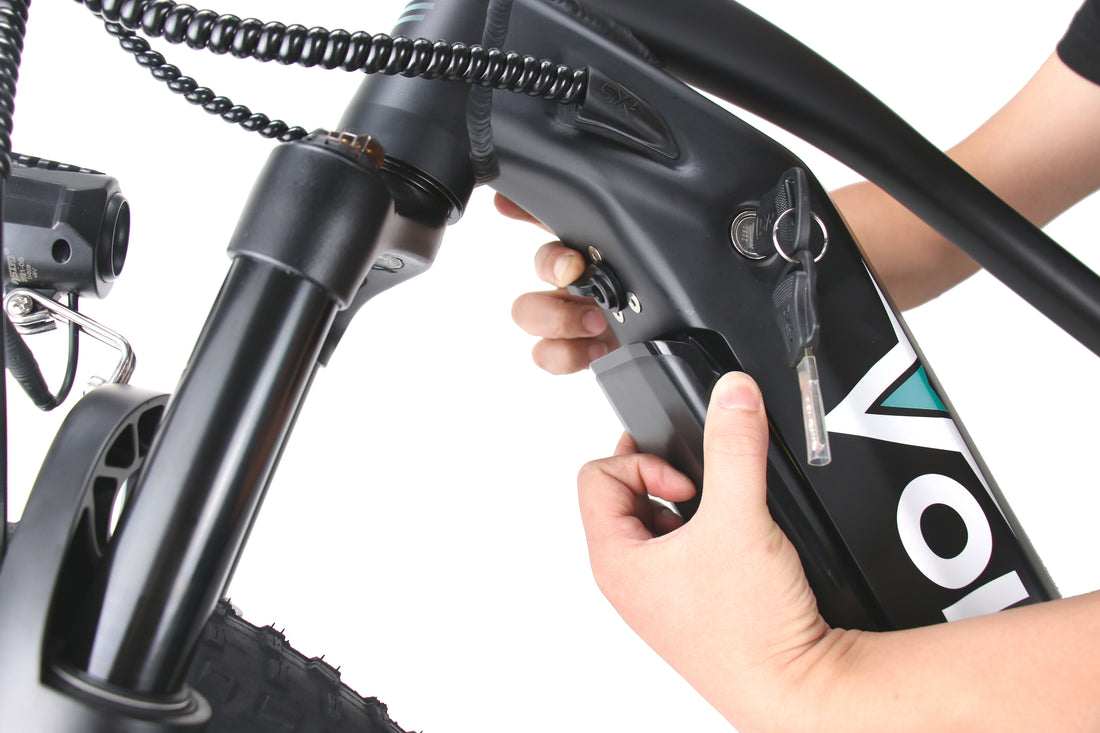Electric bikes, or e-bikes, have seen a surge in popularity in recent years thanks to their convenience and eco-friendly design. However, recent incidents of e-bike batteries catching fire have raised concerns among riders and potential buyers. In this blog post, we'll take a closer look at the issue of electric bike battery safety, explore recent developments in regulations, and offer tips on how to choose a safe and reliable e-bike battery. Our goal is to help riders feel confident and informed when using their e-bikes, and to encourage lawmakers to prioritize safety and sustainability as e-bike technology continues to evolve.
Why do there seem to be more e-bike-related fires now?
Electric bikes and motorcycles were adopted by transport operators. The surge in popularity was recently announced, but there's currently no clear data on e-bike sales per annum. It seems like numbers have increased rapidly. E-bike batteries are typically lithium-ion batteries, which have a high energy density and can store a large amount of energy in a small space. Lithium-ion battery powers many rechargeable devices which are in our everyday lives: smartphones, laptop computers and e-bikes. These devices are lightweight and strong, but are also susceptible to overheating and fire, according Professor Michael Pecht. The battery industry has seen fire every time lithium-ion batteries are introduced. However, these batteries can be dangerous if not handled properly, as they can overheat or even explode. To ensure the safety and reliability of e-bike batteries, several certifications have been established. These certifications test the batteries to ensure they meet certain safety and performance standards.
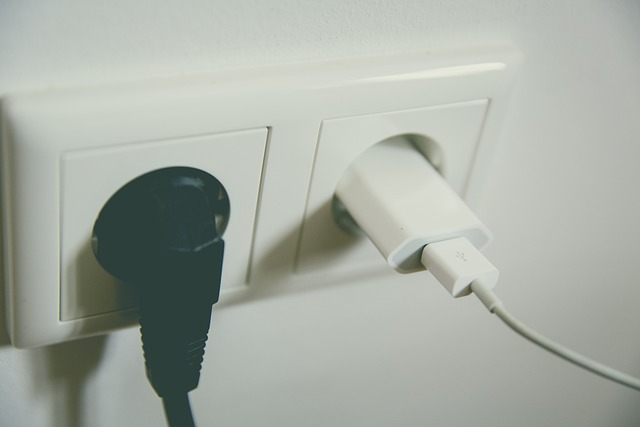
E-Bike Battery Certifications & Regulations
Due to the growing number of fire incidents related to lithium ion batteries, many organizations such as PeopleForBikes have advocated for legislative action regarding certifications and regulations for e-bikes. Recently, the New York City council passed a legislative package that would prohibit sales of e-bikes and other powered mobility devices that don't meet a recognize certification like UL.
One of the most common certifications for e-bike batteries is the UN 38.3 certification. This certification tests the batteries for safety during transportation, including testing for vibration, impact, and thermal stability. The UN 38.3 certification also tests the batteries for performance, such as capacity, energy density, and cycle life.
Another important certification for e-bike batteries is the CE certification. This certification is required for all products sold in the European Union and tests the battery for safety and electromagnetic compatibility (EMC). The CE certification ensures that the battery does not interfere with other electronic devices and is safe for use.
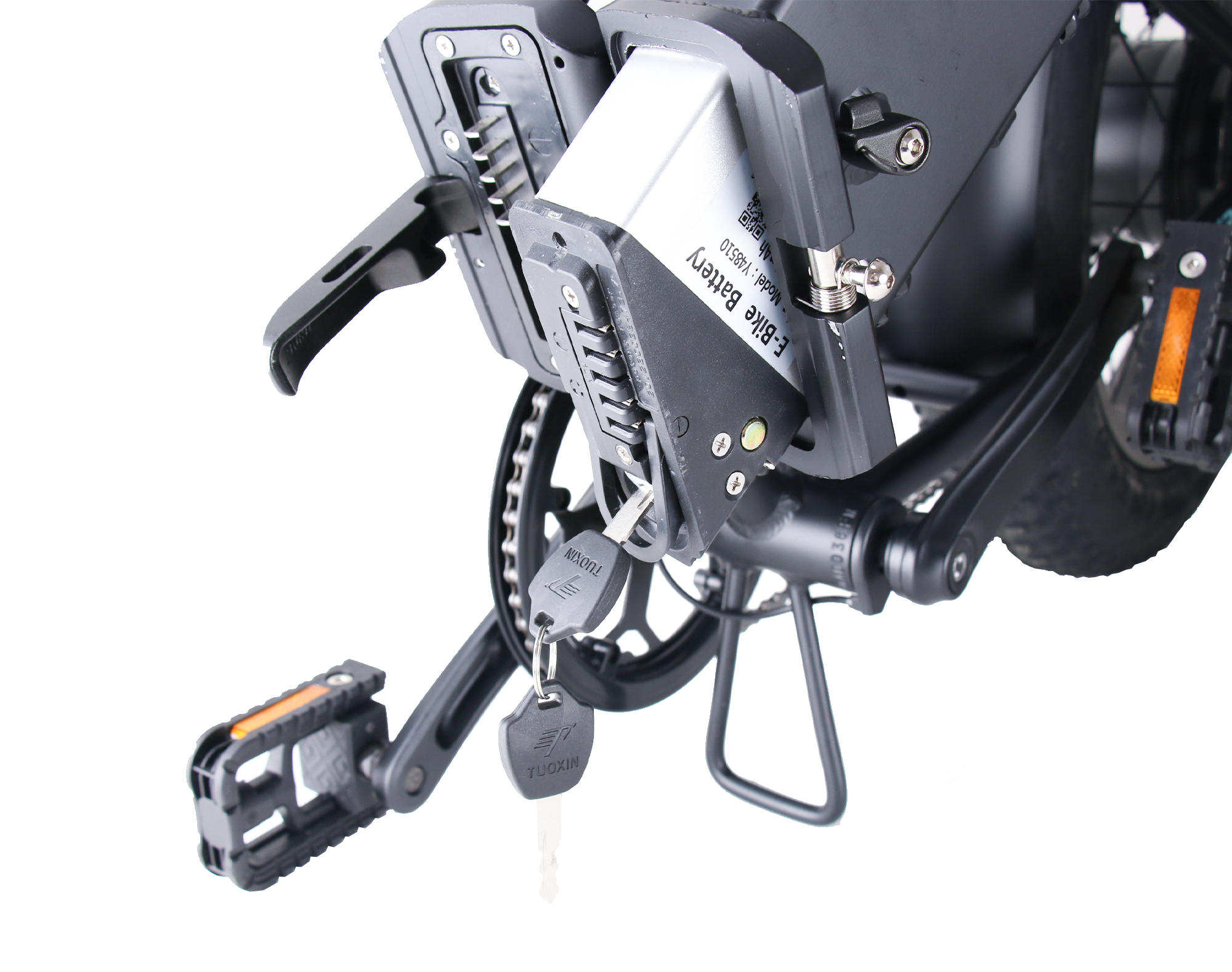
In addition to the UN 38.3 and CE certifications, there are other certifications such as RoHS and UL, which test for the presence of hazardous substances and safety, like UL 2849. The UL 2849 standard tests electric bike systems and their components for safety and performance. These certifications ensure that the e-bike batteries meet certain environmental and safety standards.
It is important to note that not all e-bike batteries have certifications, and it is up to the consumer to ensure they are purchasing a safe and reliable battery. When purchasing an e-bike battery, look for batteries that have been certified by reputable organizations.
Tips for Battery Maintenance
While it is important to ensure that the battery for your electric bike is sourced from a reputable manufacturer and is tested and certified, it is also important to maintain upkeep of your battery. Below are some tips for caring for your battery:
-
Charge your battery regularly: To ensure that your e-bike battery stays in good condition, it's important to charge it regularly. Try to charge your battery after each use or at least once a month if you haven't been using your bike. This will help to prevent the battery from becoming completely discharged, which can damage it.
-
Store your battery correctly: If you're not using your e-bike for an extended period of time, it's important to store the battery correctly. Keep it in a cool, dry place away from direct sunlight and heat sources. Avoid storing the battery in temperatures below freezing, as this can damage it.
-
Avoid overcharging your battery: Overcharging your battery can damage it, so it's important to avoid leaving it on the charge for too long. Most e-bike chargers are designed to automatically stop charging the battery when it's full, but it's still a good idea to keep an eye on the charging time and unplug the charger once the battery is fully charged.
-
Keep your battery clean: Dirt and debris can accumulate on your e-bike battery over time, which can affect its performance. To keep your batter clean, wipe it down with a soft cloth or sponge regularly. Avoid using water or cleaning products, as these can damage the battery.
-
Don't expose your battery to extreme temperatures: High temperatures can damage your e-bike battery, so it's important to avoid leaving it in hot environments, such as a car parked in direct sunlight. Similarly, exposing your battery to very cold temperatures can also damage it.
In conclusion, e-bike batteries are an essential component of an e-bike and must be safe and reliable. Certifications such as UN 38.3, CE, RoHS, and UL ensure that the batteries meet certain safety and environmental standards. As the demand for e-bikes continues to grow, it is important to prioritize safety and choose batteries that have been certified by reputable organizations.

